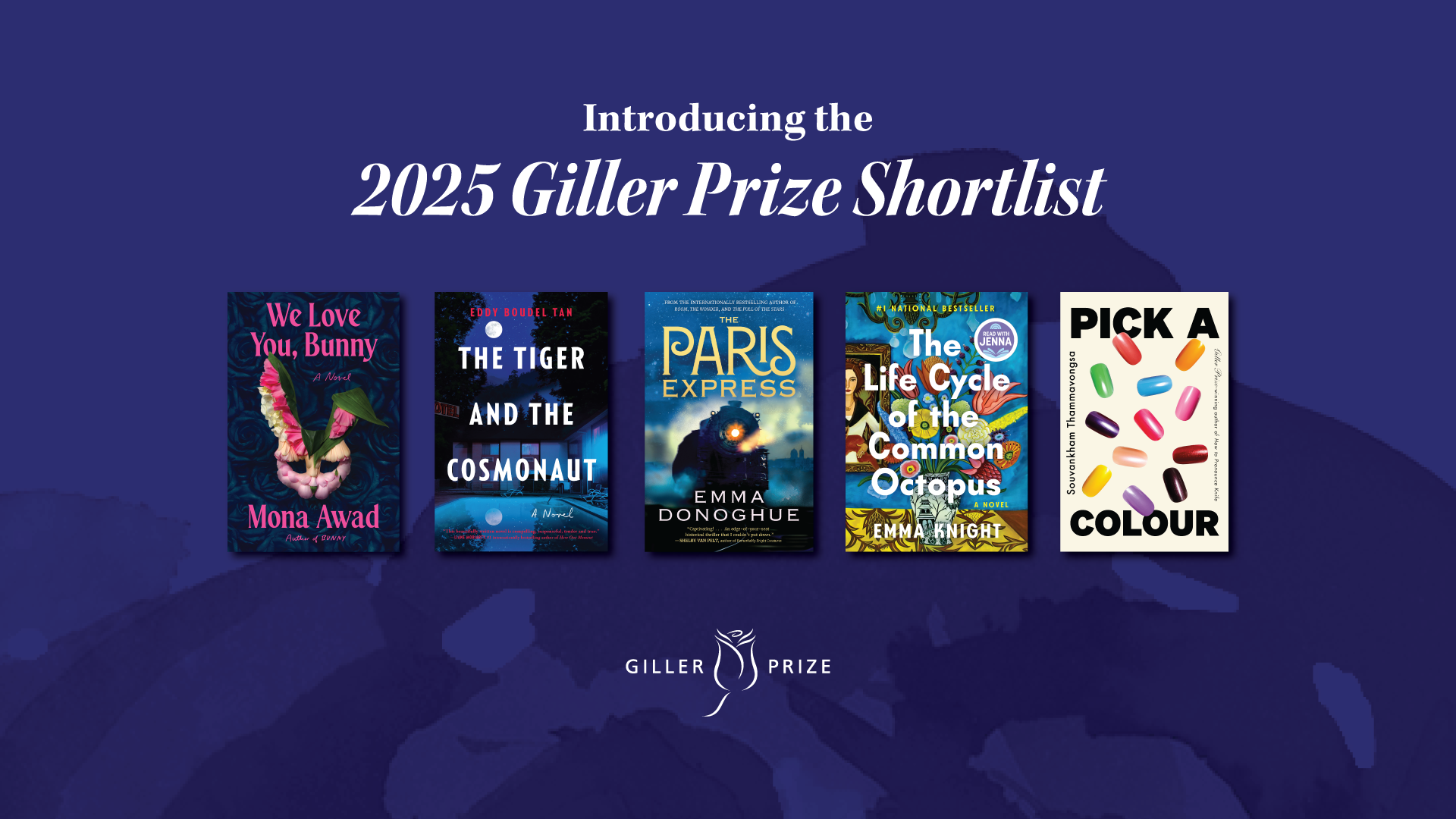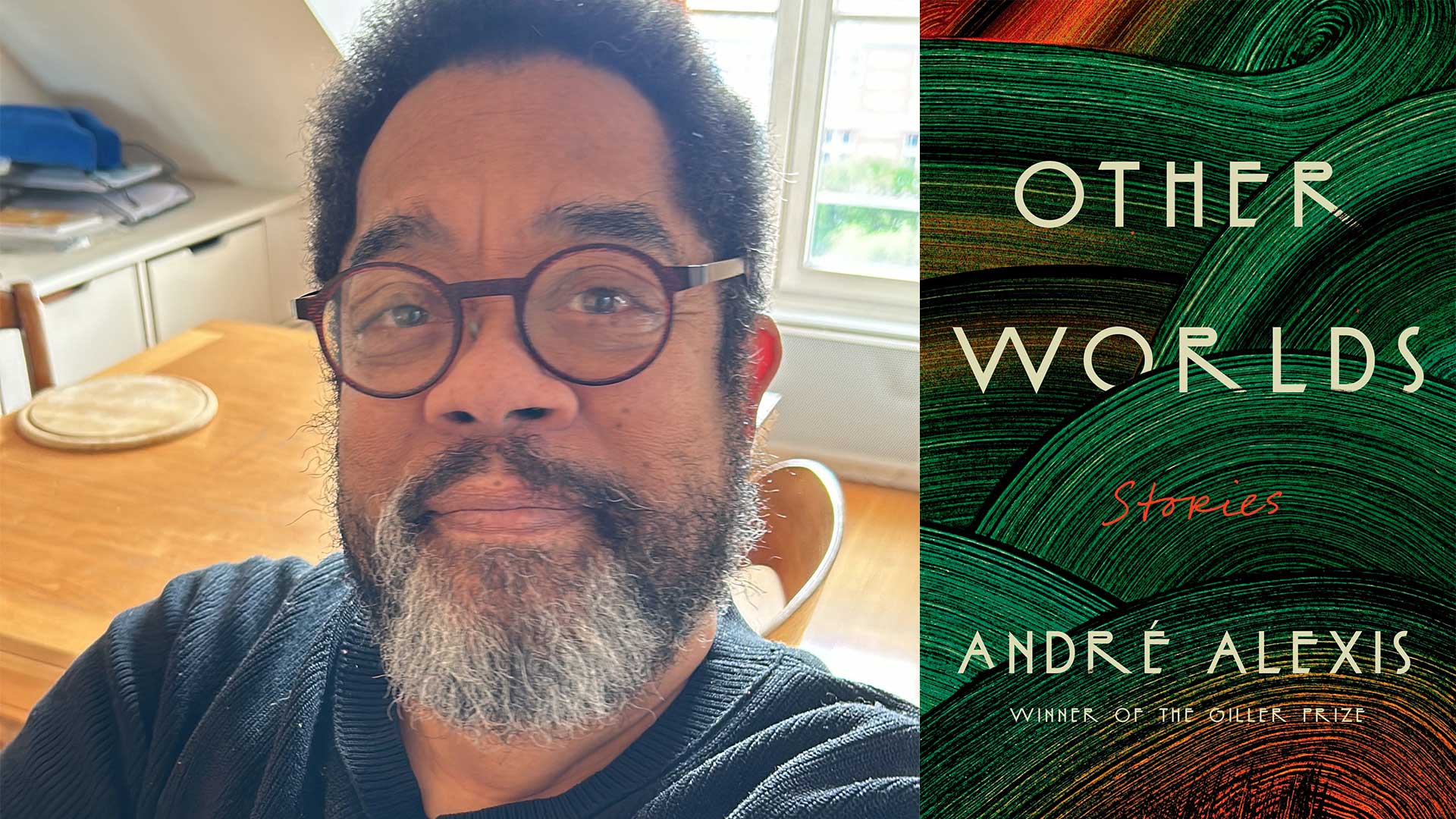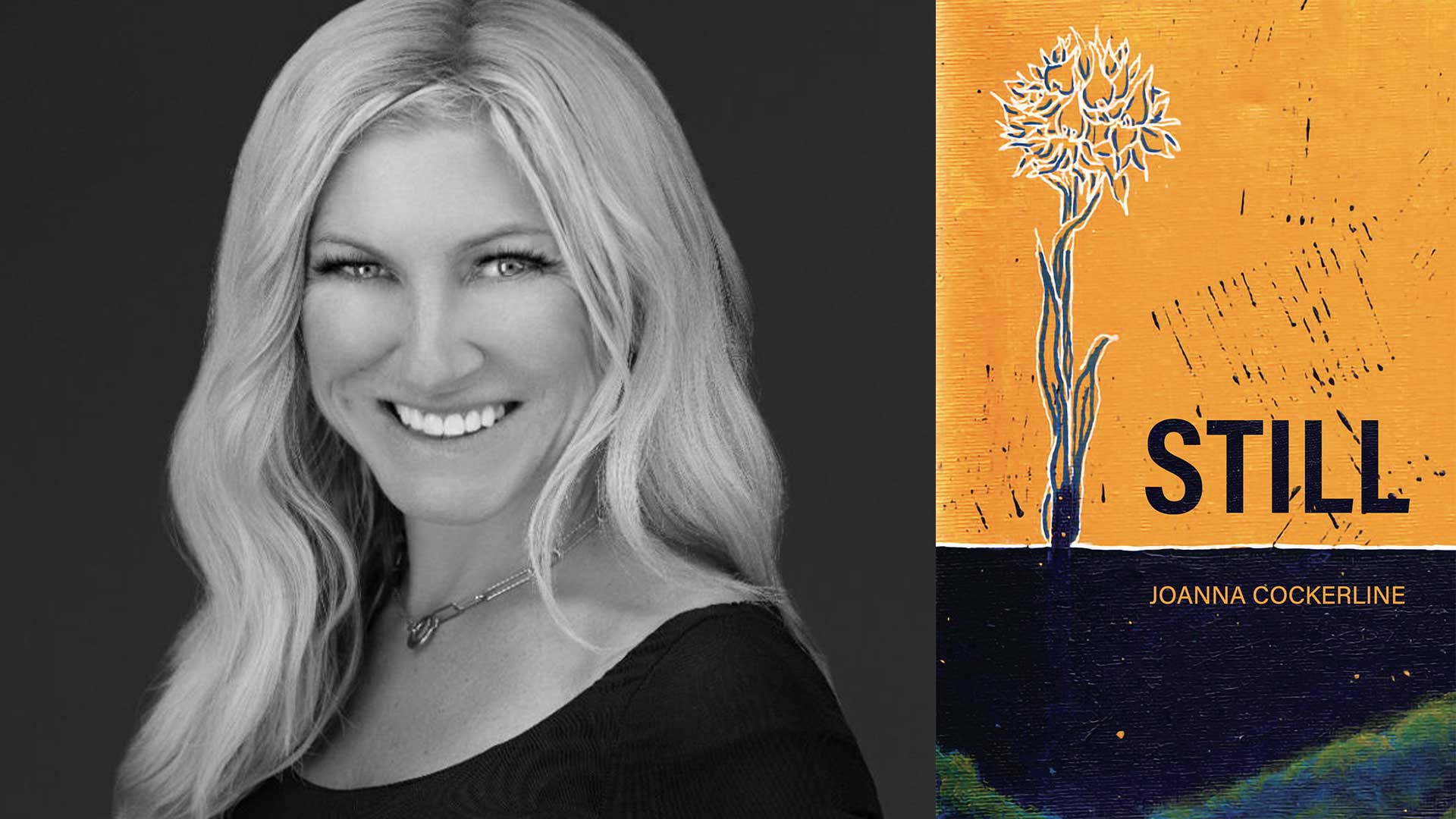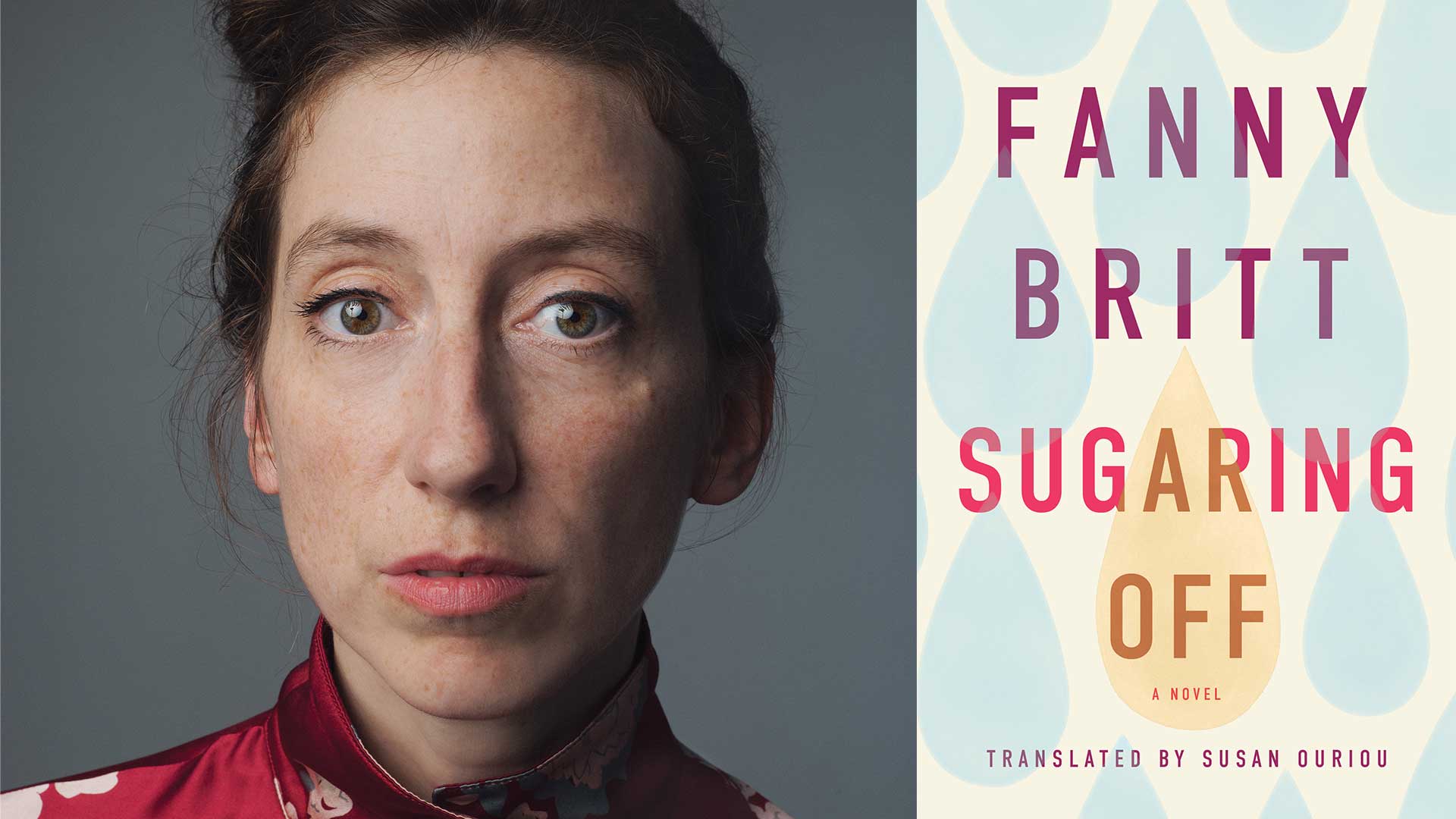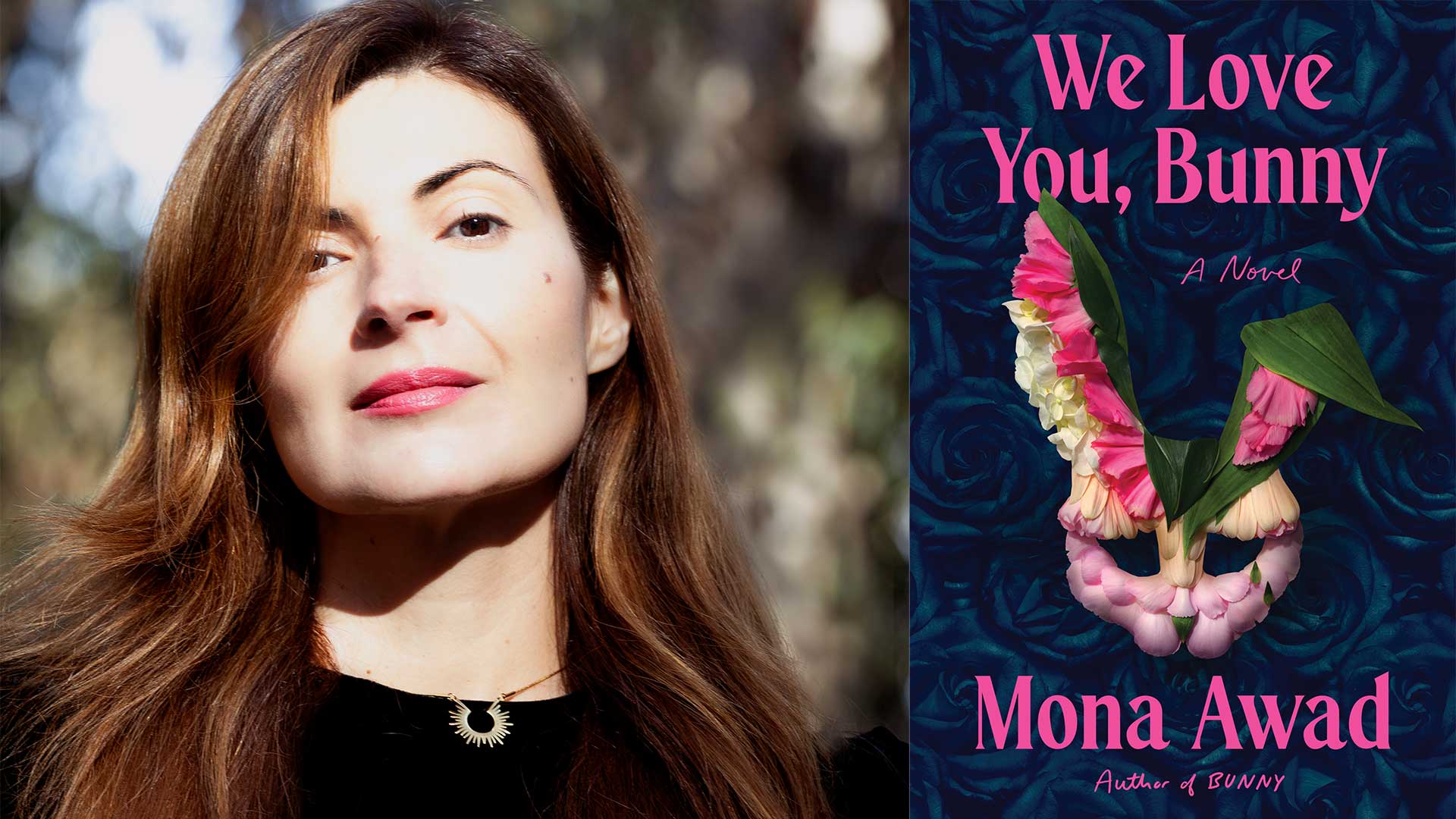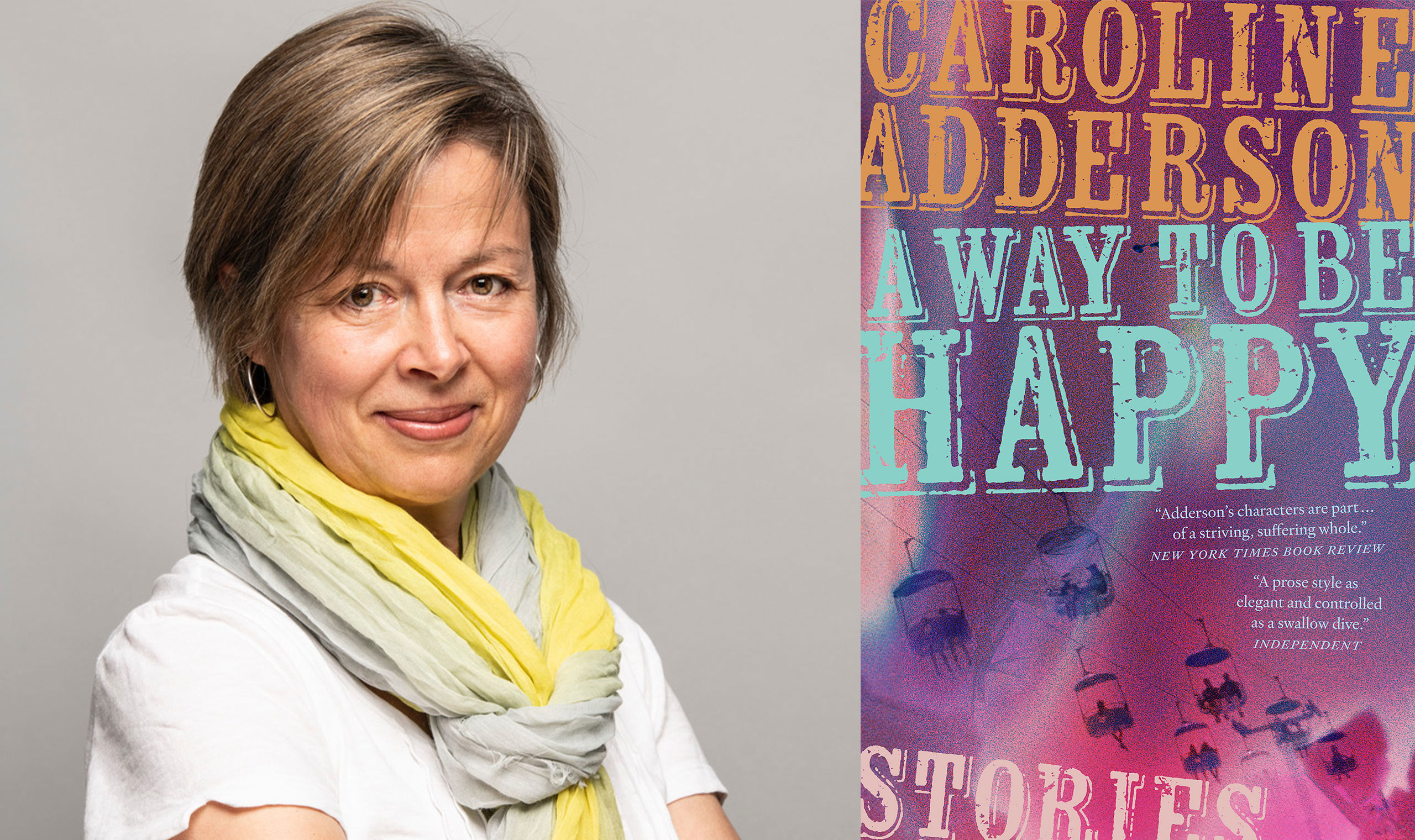
Giller Prize Spotlight: Caroline Adderson
Giller Prize Spotlight: Caroline Adderson
September 19, 2024
Caroline Adderson’s short story collection, A Way to be Happy, has been longlisted for the 2024 Giller Prize.
Caroline Adderson is the author of five novels (A History of Forgetting, Sitting Practice, The Sky Is Falling, Ellen in Pieces, A Russian Sister), two collections of short stories (Bad Imaginings, Pleased to Meet You) as well as many books for young readers. She is also the editor and co-contributor of a non-fiction book of essays and photographs, Vancouver Vanishes: Narratives of Demolition and Revival and guest editor of Best Canadian Stories 2019. Her work has received numerous award nominations including the Sunday Times EFG Private Bank Short Story Award, the International IMPAC Dublin Literary Award, two Commonwealth Writers’ Prizes, the Governor General’s Literary Award, the Rogers’ Trust Fiction Prize, and the Scotiabank Giller Prize longlist. In 2017, she was a YWCA Women of Distinction Award for Arts, Culture and Design nominee. Her awards include three BC Book Prizes, three CBC Literary Awards, the Marian Engel Award for mid-career achievement, and a National Magazine Award Gold Medal for Fiction. She teaches in the Writing and Publishing Program at SFU and is the Program Director of the Writing Studio at the Banff Centre for Arts and Creativity.
What inspired you to write A Way to be Happy?
A Way to Be Happy is a collection of short stories, each with its own provenance. I chose the short story form because it’s my true love, and because my last book, A Russian Sister, was a huge project—a biographical novel about Anton Chekhov’s sister. I was longing to write something that I could get to the end of in under six years! I also wanted to play with form. Most of the stories in the book contain an element of inter-textuality, a nod to pre-existing texts—poetry, fiction and non-fiction, some classic, some contemporary. I also use archival material, and even a tabloid article. A writer is never really writing alone. You learn from everything you read and this is my way of honoring that reading.
What do you hope readers take away from A Way to be Happy?
The people in these stories are diverse: a hitman, the female inmates of a hospital for the insane in 1908, a suburban teen smitten with a girl with three nipples, a same-sex couple raising a neurodiverse child, among others—the whole spectrum of humanity, in other words. Writing about them required me to feel compassion for them all. I hope readers feel their hearts open just a little bit wider too.
Where is your favourite place to write and what is your process?
I am a creature of habit! I walk the dog first thing in the morning, then head up to my office in the attic. If I’m writing a first draft, I put in about three hours. I have the stamina for four hours if I’m rewriting. How many words I add or subtract is irrelevant to me. I’m always working toward a deeper understanding of the story.
Is there an activity you do to help inspire writing?
Walking.
What’s a book you recommend others read and why?
Too many! Two new short story collections I’m loving: Shashi Bhat’s Death by a Thousand Cuts, and Richard Kelly Kemick’s Hello, Horse. On my dog walk I listen to non-fiction audio books. Nathan Thrall’s A Day in the Life of Abed Salama: Anatomy of a Jerusalem Tragedy is a must-read.
Share this article
Follow us
Important Dates
- Submission Deadline 1:
February 14, 2025 - Submission Deadline 2:
April 17, 2025 - Submission Deadline 3:
June 20, 2025 - Submission Deadline 4:
August 15, 2025 - Longlist Announcement:
September 15, 2025 - Shortlist Announcement:
October 6, 2025 - Winner Announcement:
November 17, 2025
